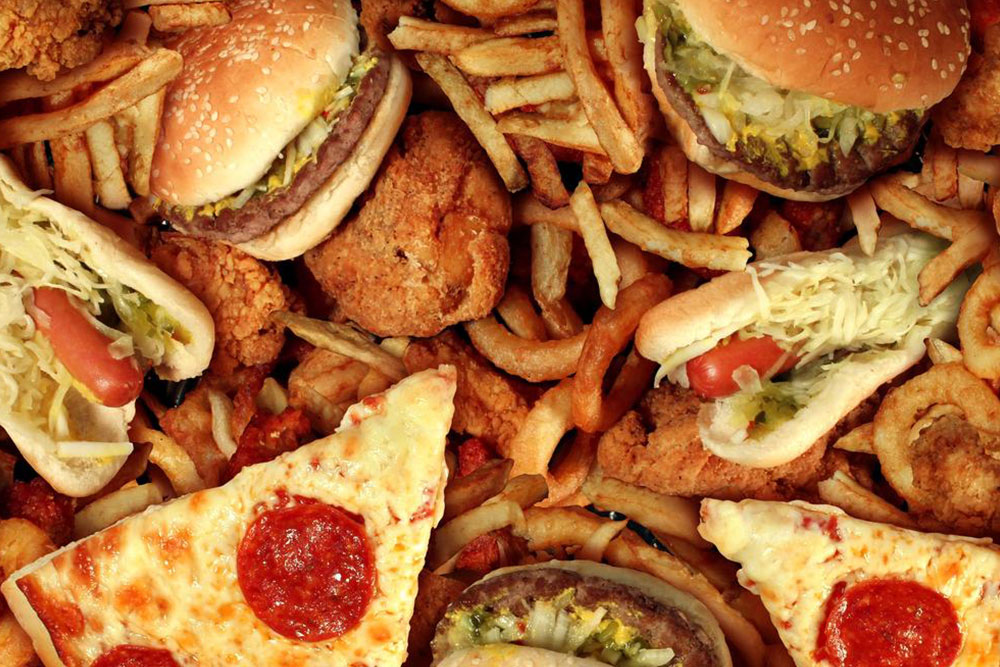8 Foods That Trigger Migraine Headaches
Migraine is a neurological condition that is often accompanied by a host of painful and discomforting symptoms like sensitivity to light, dizziness, and nausea or vomiting. To cope with this, it is important to identify the common triggers of a migraine headache. Studies say that frequently reported migraine triggers are food items, and eliminating these food items, or at least limiting their consumption, is crucial for treatment:
- Chocolate
Chocolate is often considered to be a risky migraine trigger and is among the most common triggers as it is replete with caffeine.

Chocolate also contains the amino acid tyramine that adds to the intensity of the headaches. However, chocolates also have dopamine and serotonin, which are beneficial, so consuming chocolate in moderation may prove to be beneficial for the treatment. Caffeine
An occasional cup of coffee does not cause a painful migraine attack, but drinking coffee or caffeinated drinks regularly can worsen the frequency and severity of headaches. Due to its vasoconstrictive properties, caffeine restricts blood flow to the brain, causing relief in the case of a painful headache, but it is best to avoid too much of coffee if you experience frequent headaches. Frozen foods
Studies show that there is a strong link between frozen foods and migraine headaches. Consumption of frozen foods like ice cream, frozen yogurt, a slush, and such may provoke strong headaches. These items contain substances that affect blood flow to the brain, leading to headaches that develop into migraines. Salty foods
Salty foods are the most common triggers as high consumption of salty foods raises the sodium levels in your blood and increases blood pressure, which could increase the risk of migraine. Avoid eating too much salt or salty and processed food to prevent it. Pickled and fermented foods
Pickled and fermented foods contain high levels of tyramine, which may trigger migraine headaches. You can reduce the consumption of pickles, kimchi, pickled veggies like okra and jalapenos, and kombucha to bring down the risk. It is also helpful if you cut down on fermented food items like aged cheese. Cured and processed meat
Cured and processed meat is often loaded with preservatives like nitrates and nitrites. These compounds cause debilitating headaches as meats like bologna, ham, and such can dilate blood vessels in the head, triggering a migraine. Foods containing monosodium glutamate
Food items that contain additives like monosodium glutamate are known to trigger headaches. Monosodium glutamate is a widely used ingredient in processed food items like soy sauce and is naturally found in mushrooms and cheese. It causes changes in blood flow to the brain, which, in turn, may lead to migraine attacks. Alcohol
Avoiding alcoholic drinks is a healthy practice for anyone susceptible to frequent headaches. Consumption of alcohol leads to dehydration, which is one of the most common factors responsible for migraines.
An occasional cup of coffee does not cause a painful migraine attack, but drinking coffee or caffeinated drinks regularly can worsen the frequency and severity of headaches. Due to its vasoconstrictive properties, caffeine restricts blood flow to the brain, causing relief in the case of a painful headache, but it is best to avoid too much of coffee if you experience frequent headaches.
Studies show that there is a strong link between frozen foods and migraine headaches. Consumption of frozen foods like ice cream, frozen yogurt, a slush, and such may provoke strong headaches. These items contain substances that affect blood flow to the brain, leading to headaches that develop into migraines.
Salty foods are the most common triggers as high consumption of salty foods raises the sodium levels in your blood and increases blood pressure, which could increase the risk of migraine. Avoid eating too much salt or salty and processed food to prevent it.
Pickled and fermented foods contain high levels of tyramine, which may trigger migraine headaches. You can reduce the consumption of pickles, kimchi, pickled veggies like okra and jalapenos, and kombucha to bring down the risk. It is also helpful if you cut down on fermented food items like aged cheese.
Cured and processed meat is often loaded with preservatives like nitrates and nitrites. These compounds cause debilitating headaches as meats like bologna, ham, and such can dilate blood vessels in the head, triggering a migraine.
Food items that contain additives like monosodium glutamate are known to trigger headaches. Monosodium glutamate is a widely used ingredient in processed food items like soy sauce and is naturally found in mushrooms and cheese. It causes changes in blood flow to the brain, which, in turn, may lead to migraine attacks.
Avoiding alcoholic drinks is a healthy practice for anyone susceptible to frequent headaches. Consumption of alcohol leads to dehydration, which is one of the most common factors responsible for migraines.
The severity of migraine and the foods that trigger it may vary from person to person. However, avoiding the food items mentioned here can help minimize the risk of a headache.
Disclaimer:
The content provided on our blog site traverses numerous categories, offering readers valuable and practical information. Readers can use the editorial team’s research and data to gain more insights into their topics of interest. However, they are requested not to treat the articles as conclusive. The website team cannot be held responsible for differences in data or inaccuracies found across other platforms. Please also note that the site might also miss out on various schemes and offers available that the readers may find more beneficial than the ones we cover.

